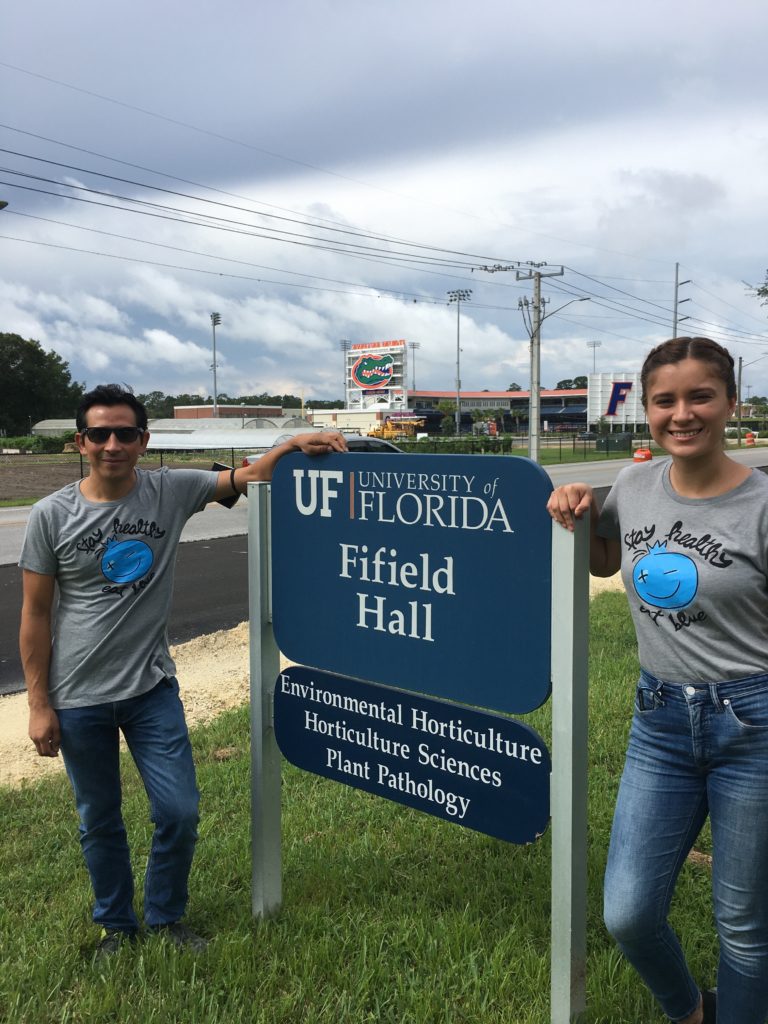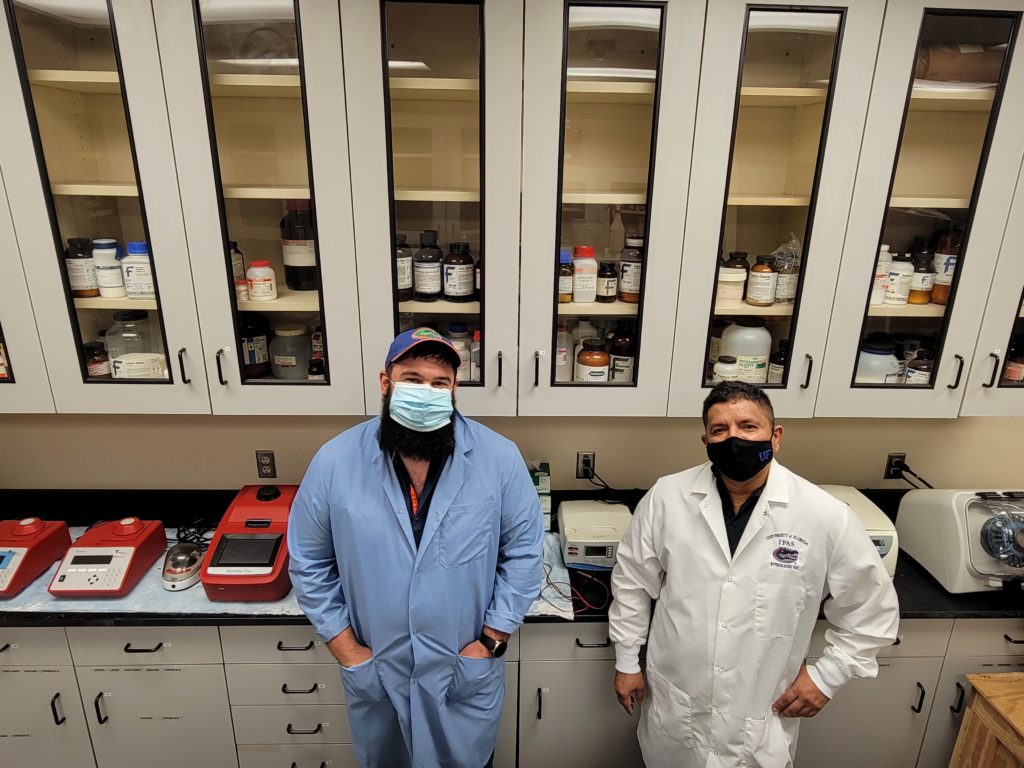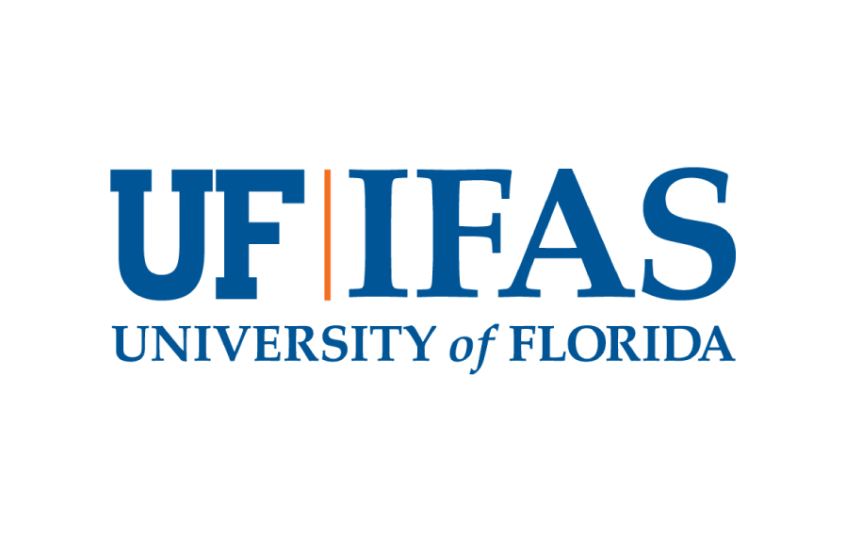By J. Scott Angle
The University of Florida Institute of Food and Agricultural Sciences (UF/IFAS) team that has released more than 250 fruit, vegetable and other plant cultivars in the past decade is getting even stronger.

Seven budding scientists from around the world arrived in Florida in August to work with Plant Breeders Working Group faculty in creating Florida crops. They’re the first-ever UF/IFAS College of Agricultural and Life Sciences students whose Ph.Ds. will have a specific plant breeding designation.
Their job is to advance the work of some of your front-line breeders — Germán Sandoya in lettuce, Seonghee Lee in strawberries, Sam Hutton in tomatoes and Patricio Muñoz in blueberries. For example, Sandoya’s student is dedicating the next four years to breeding more nutritious lettuce. Lee is getting help in the search for a sweeter strawberry.
ADDING MOMENTUM
The Ph.D. program adds momentum to a plant breeding program that I would argue is already the nation’s finest. It’s got 27 faculty working on more than 50 crops, a royalty stream that has financed state-of-the-art lab facilities, one of the nation’s most robust reinvestment of royalties into research, and a UF artificial intelligence initiative that will give the team better tools and at least three more faculty.
The Ph.D. candidates help researchers take even more shots at identifying the best plants for your fields. Hutton’s student, for example, is working on tomato varieties resistant to the strain of fusarium wilt that’s common to Florida and has gained a foothold in fields in California. All seven candidates will get the training and the Florida industry focus to prepare them for careers breeding solutions to growers’ challenges.
UF/IFAS breeders have long had Ph.D. students, of course, in horticultural sciences, agronomy and other disciplines. The new plant breeding curriculum offers specialized instruction and research in creating cultivars. Employers sifting through resumes look specifically for degrees in plant breeding.
ATTRACTING STUDENTS
So do students looking for degree programs. Alan Chambers would likely not have his Ph.D. student at the UF/IFAS Tropical Research and Education Center in Homestead had the Colombian government not agreed to pay most of the cost of Manuel Gastelbondo’s graduate studies. It would only agree to do so, Chambers says, for a plant breeding degree.
Mark Porter was on the cusp of accepting an offer at another land-grant university with a plant breeding Ph.D. program. If UF/IFAS had not started its own this summer, says Muñoz, the program’s director, he likely would have lost a future Florida berry breeder to another state.

Hutton, who earned a horticultural sciences Ph.D. at UF, said that had another university offered him a similar deal but with a plant breeding Ph.D., he likely would have accepted.
Most breeders work in the private sector, and these companies need the industry-savvy specialized experts that UF/IFAS will be producing. Hutton expects student Samuel Ipinyomi to work not only at the Gulf Coast Research and Education Center but to trial varieties on commercial farms.
UF/IFAS has few peers in the nation. University of California, Davis, for example, does not offer a plant breeding Ph.D., nor does Penn State. Our edge is your edge. Better breeding will help the Florida fruit and vegetable industry keep ahead of global competitors in agriculture.
J. Scott Angle ( jangle@ufl.edu, @IFAS_VP) is the University of Florida’s vice president for agriculture and natural resources and leader of UF/IFAS.










